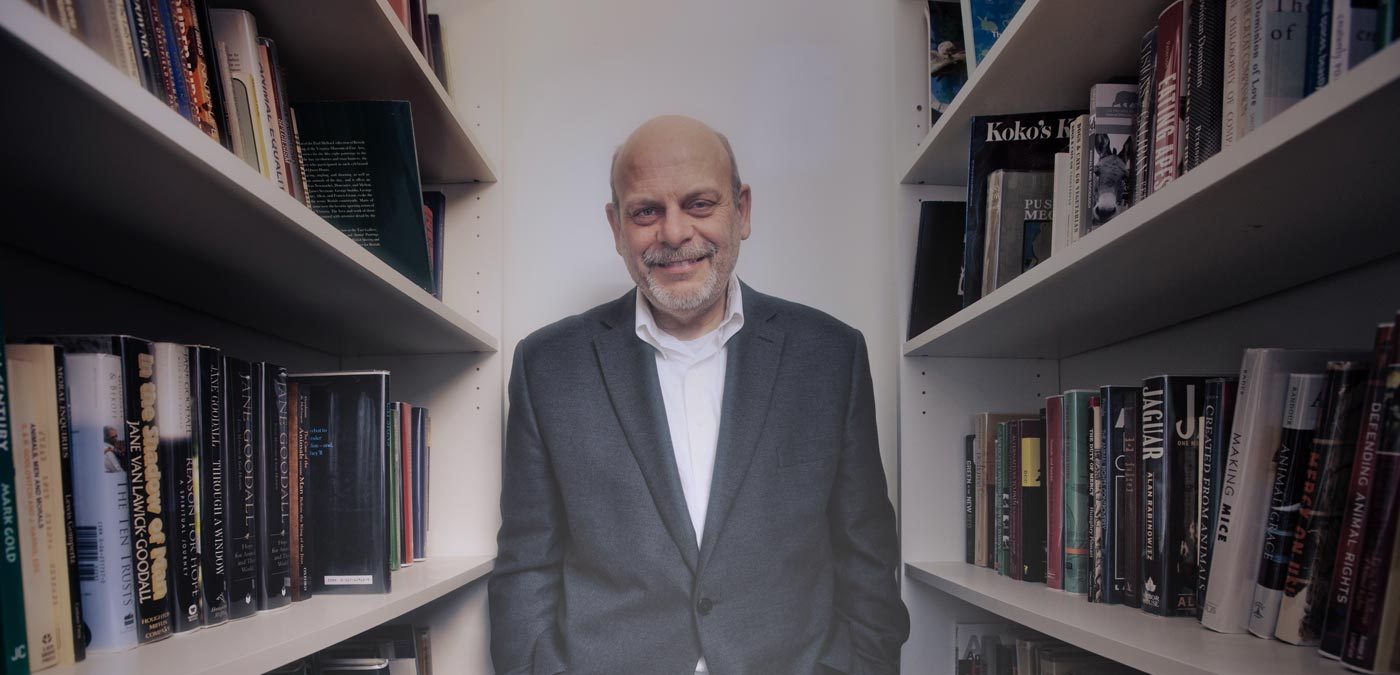A Gay Outing Provokes Thoughts on Animal Rights
Last night I went to a celebration of the Gay Liberation Front at Charleston called “A Gay Outing.” GLF was founded in London in 1970 one year after the Stonewall Inn riots in Manhattan, New York City. Charleston was the Sussex home of Vanessa Bell whose sister was Virginia Woolf. Charleston was a family home where what has become known as “Bloomsbury” artists, writers, intellectuals and others stayed. It was place in the first half of the twentieth century where people were free to have the heterosexual and homosexual relationships they wanted to have. And, therefore, an appropriate place to celebrate GLF.
The evening was particularly interesting because the panel discussion at the end of the program focussed on the origins and first days of the GLF and the context and times in which these events occurred. The discussion also contrasted that period with the present, including speculation under the ConDems coalition government whether any of the progress made for gays, lesbians, bisexuals and transgendered people could be undone.
Listening to the discussion I was struck by the arc of time from what it was like to live in the UK as gay people in the 1970s to the present and how this span can be only fully appreciated when it is described by those who have lived it. I learnt from writing Animal Dharma that I believed at the time I got involved with the animal rights movement in the mid-1970s that I was in on its beginning. This, of course, is far from the truth as there was much that happened prior to my involvement. This was something I didn’t want to know and my adolescent arrogance wouldn’t have permitted. Today, I feel very differently and regret the animal rights movement pays very little attention to its past. This saddens me for no other reason other than we can learn from past mistakes which I see repeated all the time.
So, last night’s panel, which included historian Jeffrey Weeks, writer Elizabeth Wilson and transsexual activist Roz Kaveney, talked about how 40 years ago a radical GLBT social movement was born when GLF was founded. This discussion recognised, however, that there were individuals (e.g., Antony Grey) and organisations (e.g., Committee for Homosexual Equality) which pre-existed them but whose strategies were more focussed on legislative change and not on cultural and societal change as GLF was.
All of this led to a fascinating discussion about social movements and how they’re structured and organised, function and disfunction. I was intrigued by the comments made by Jeffrey Weeks about Antony Grey and CHE. He said his view of them had changed from 40 years ago when he thought they were conservative and irrelevant (my phrase, not his) to today when he recognised the vital and unique role they played as part of an essential comprehensive strategy. For example, GLF created the cultural space for people to love those of the same sex but CHE played a key role in helping to change the law so that same-sex among consenting adults became legal.
One of the panelists spoke about history moving forward “gradually and contradictorily.” This point rings so true for me. Further, I think it can be only appreciated with an understanding of the complex nature of social movements and how such a complex being as human society changes. We may well be on the cusp of a new time when the hard-fought for victories for gays, lesbians, bisexuals and transgendered people are undone by a conservative government rolling back the state under the banner of alleged much-needed financial cutbacks. I was struck by Roz Kaveney who questioned the impact on transgendered people, who rely upon the National Health Service to meet their needs with surgery and medication, and the ConDem’s push to privatise the NHS. Some consolation was made in the remarks of one person who thought that the significant change in a positive cultural attitude toward gay issues could not be undone by any occasional but nonetheless determined political counter move.
What has all this got to do with the animal rights movement? Plenty. For a start, one speaker spoke last night about how diverse the gay world is today ranging from any number of polar opposites in political, social and economic perspectives. I thought this should be seen as a strength because it more accurately reflected the complexity of our society thereby making it more likely for it to move forward as one entity toward a progressive outlook. This diversity should, I think, be reflected in the animal advocacy movement. It’s strength is learning how to balance strategically and programmatically the utopian vision of animal rights on the one hand and the pragmatic politics of animal welfare on the other. It’s a tension where each side needs the other in order to move forward. There are always going to be those who are invested in one and attack the other. But I think an appreciation of each side’s strengths and weaknesses and how they could be complemented with insight and vision would make all the difference.
I left Charleston thinking that there are lessons we should learn from the past of not only those who campaign for animals but also those in other social movements like GLBT.











